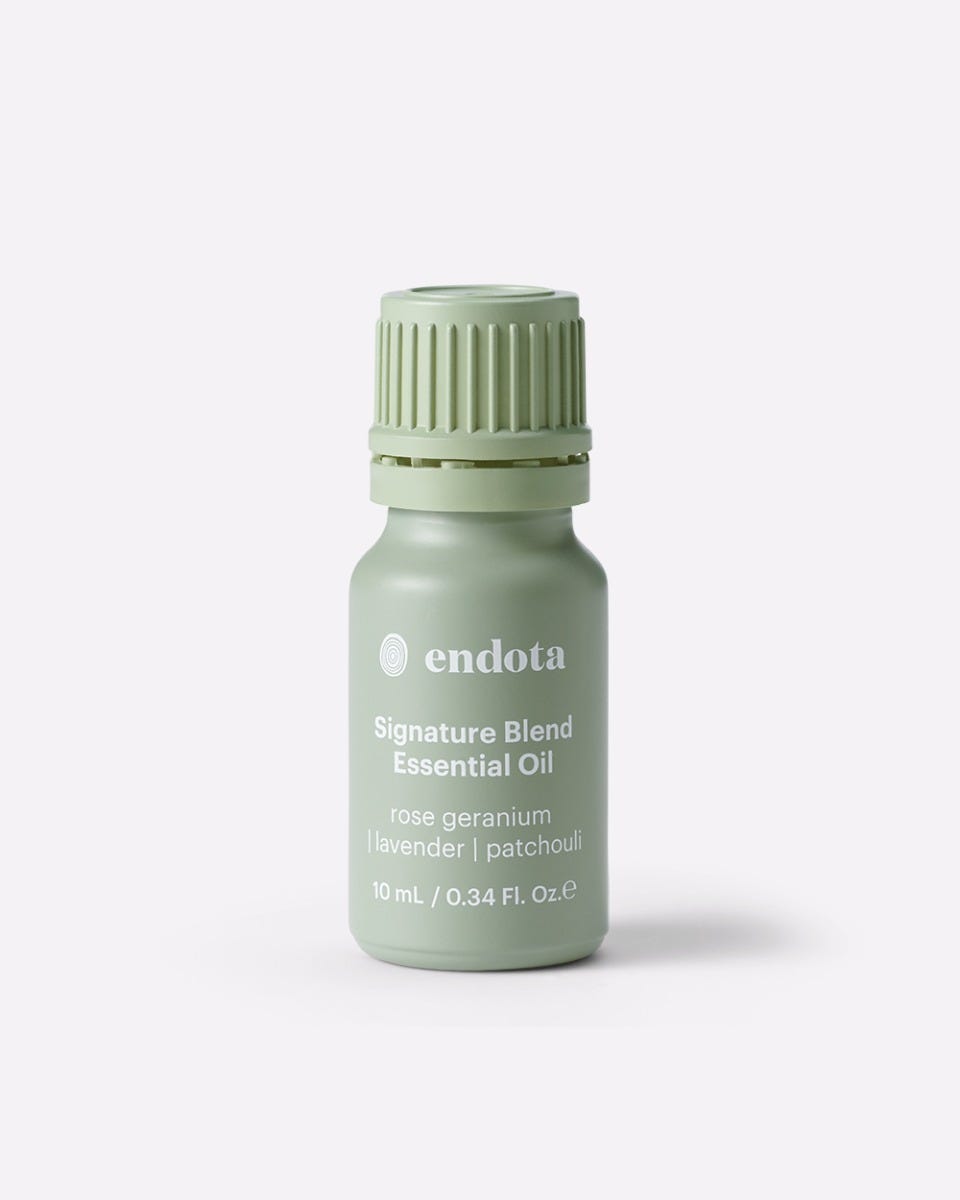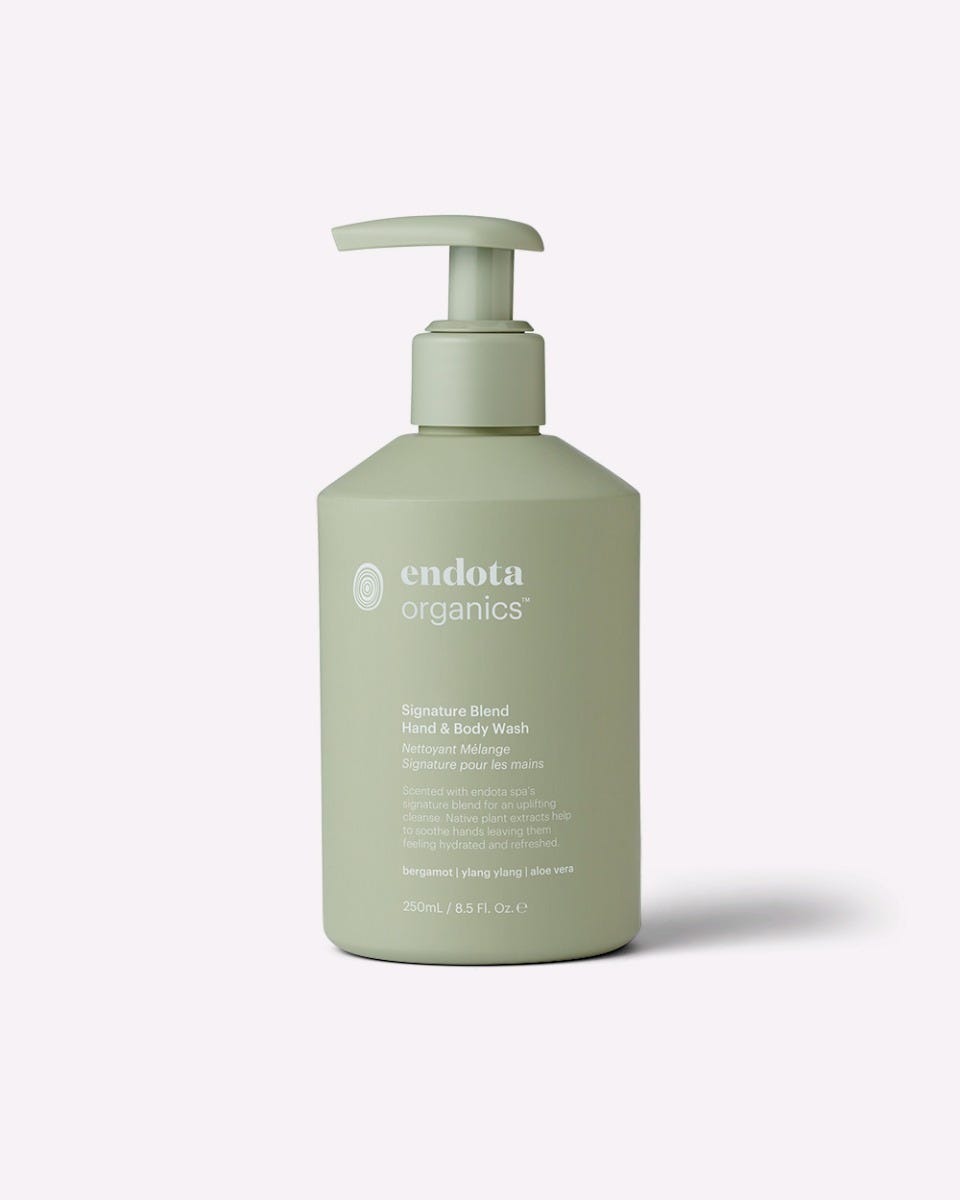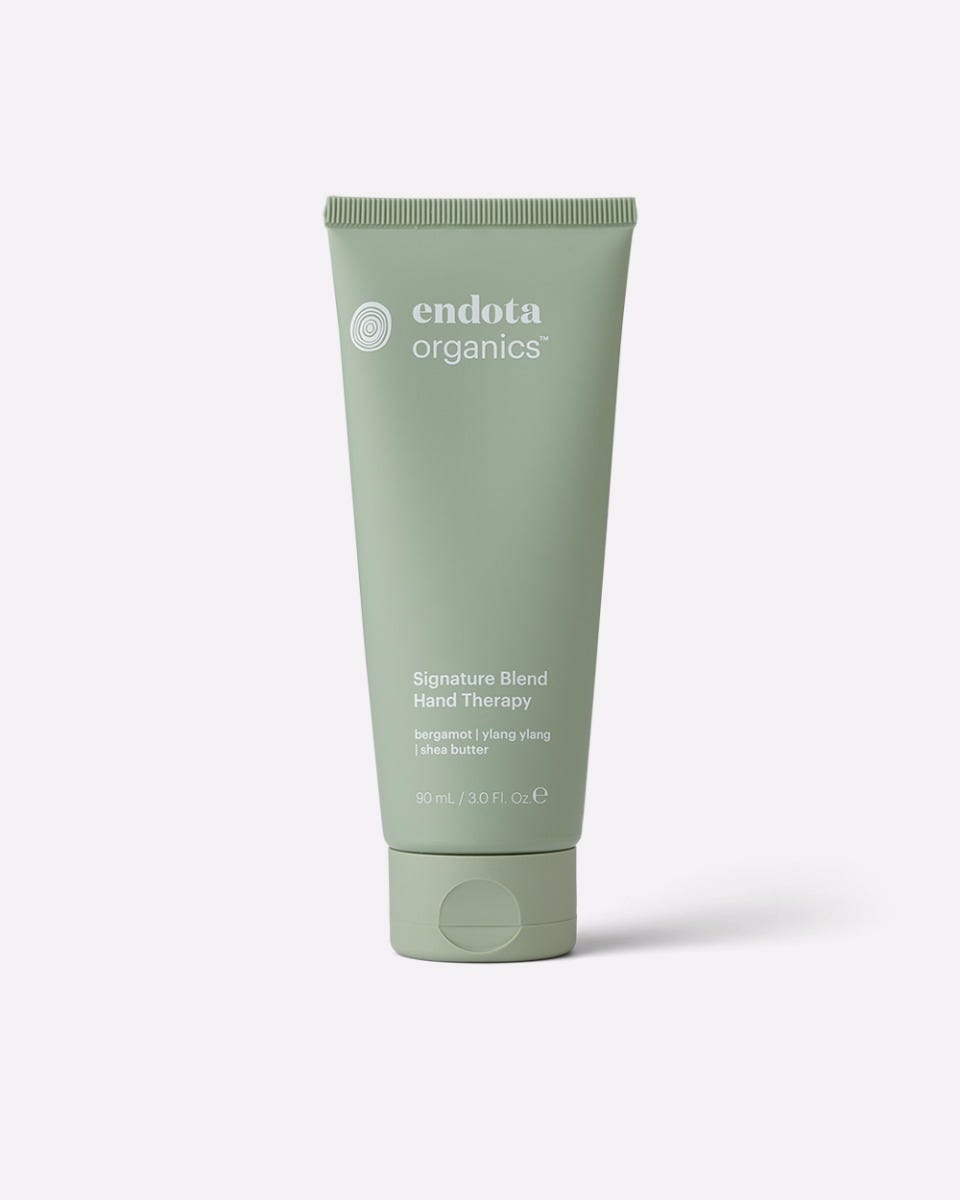how to understand your skin type (and find products to match)
Have you ever had a friend recommend a product they’ve claimed to be a miracle elixir and found that it wasn’t the miracle you hoped for? That’s because each of us has a different skin type with specific needs, explains endota skin expert and education coordinator, Kimberley Conboy.
So, before you buy a new potion of acids, oils and active ingredients, let us help you decode your skin so you know what products will benefit you most — because no two skin barriers are the same.

Back to basics
Understanding your skin is the first step in knowing how to properly care for it. Getting it right means finding faithful and efficacious products that complement your complexion. However, using products that don’t naturally complement your skin’s needs can mean irritation and breakouts.
Skin types and skin conditions, while equally important in understanding and bettering our skin health, are not the same thing. Kim says that “skin types are often determined by our genetics and describe how our skin functions,” and unless chronic, which can indicate a genetic influence, “Skin conditions can come and go. They are often influenced by age, climate, medications, hormones and incorrect product use.” Eczema, psoriasis, acne, rosacea and even pregnancy-related skin changes are all examples of skin conditions — the difference between the two comes down to the permanence of skin types versus the often more temporary or treatable nature of skin conditions.
Determining your skin type
Many of us make skincare purchasing decisions based on buzzy, trending ingredients and recommendations from friends — without giving a second thought to whether these products will suit our skin — and chances are, your skin type is craving something a little more targeted. A helpful way to determine your skin type is by taking our short skin type quiz, which will give more insight into your own skin within a matter of minutes.
More often than not though, you likely have:
Dry skin if:
It feels taut, rough to touch and your pores appear small and tight, or may not be noticeable at all. If you look closely you might see flakes on the surface of your skin — all of which emphasises the look of fine lines. But dry skin is not inevitable, and like all skin types, can be managed and improved with the right products. Given that dry skin is characterised by a lack of moisture, introducing ingredients such as hyaluronic acid, ceramides and glycerin to your routine will give your skin the hydration and nourishment it needs, while the use of oils will help to lock moisture in. Kim suggests including endota Organics™ Intense Moisture Mask and Vitamin Treatment Oil into your skincare routine to keep your skin feeling deeply hydrated.
Oily skin if:
Your pores are large, you tend to have blackheads, breakouts, irregular skin texture and an overall shiny appearance. Using harsh and astringent ingredients can strip and dehydrate the skin which prompts the body to compensate by producing even more sebum (oil), having the opposite effect and making for a vicious cycle. To help regulate excess oil, look for gentle products that respect the skin. Specifically speaking, ingredients like niacinamide, salicylic acid and hyaluronic acid (yes, oily skin needs hydration too) will help balance your complexion while managing congestion. Kim suggests trying endota Organics™ Purifying Cleansing Gel and Balancing Face Moisturiser for daily oil-control and to keep skin feeling mattified.
Combination skin if:
You’re prone to blemishes and breakouts, notice shine localised to your T-zone (forehead, nose and chin) and skin feels tight or patchy in other areas. Combination skin exists on a spectrum, but, to put it simply, features two or more different skin types and needs to be treated with a more targeted approach. Try applying endota Organics™ Deep Hydration Face Moisturiser on your skin’s drier areas and the Clarifying Detox Mask on your T-zone, Kim’s two favourites for both calming and clarifying the skin.
Sensitive skin if:
You notice tiny, visible capillaries on the surface of your skin, or you’re prone to redness, itchiness and inflammation. To aid sensitive skin, avoid layering active ingredients and overly fragranced products,as these can cause irritation, particularly with excessive use. Opt for gentle, soothing and irritant-free formulas (think: natural ingredients) and remember to always patch test new products before introducing them into your routine. Kim suggests endota New Age™ Sensitive Cleansing Milk and Sensitive Repair Moisturiser to help keep skin feeling calm and soothed.
Normal skin if:
It’s smooth, evenly textured, and doesn’t present any irregularity or discomfort.Despite its name, normal skin is quite rare in its agreeable and balanced nature. However, as with all skin types, normal skin needs daily care in order to keep it functioning at an optimum level and looking its best. This means maintaining a routine anchored by four core products: A mineral SPF, a purifying cleanser, a chemical exfoliant and a hydration-boosting moisturiser. To start building this routine, Kim’s recommendations are endota Organics™ Daily Renewal Exfoliant and Balancing Face Moisturiser.
Kim explains that while you cannot change your skin type, taking the time to understand it will help you seek the right solutions and avoid the test-and-trial approach which not only takes time and money, but also has the potential to jeopardise your skin’s health. Ultimately, knowing your skin type will help inform a routine that works best for you. Discover what yours is with our informative skin type quiz.
For further advice, visit your local endota spa for a specialised consultation. You can find your nearest endota spa here. If skin conditions persist or for chronic skin conditions always consult a dermatologist or medically trained professional.








